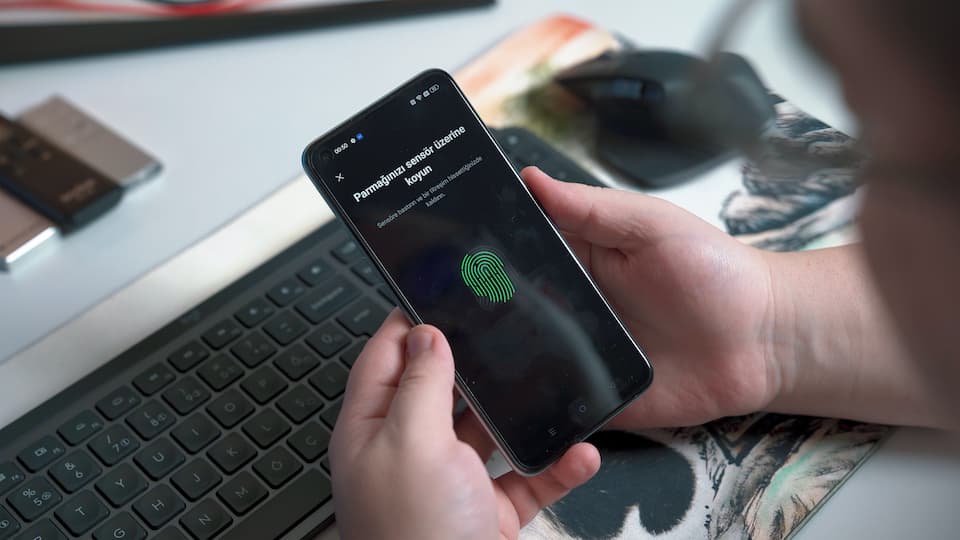Introduction
The Global Privacy Control (GPC) standard is an HTTP header that allows you to control the data that’s shared with third-party sites. The GPC standard was invented by David Ross, who also led the development of Do Not Track (DNT). It allows users to protect their privacy by limiting the amount of information that’s sent back and forth between sites, as well as preventing fingerprinting. This can be used both on a desktop and on a mobile device.

What is the Global Privacy Control?
Global Privacy Control (GPC) is a set of principles, processes, and technologies that help individuals and organizations to control their personal data. It is a standard for privacy by design, protecting privacy, and consent.
In the digital era, data protection and online privacy have become essential. It is a basic human right that should be respected by all parties involved in the processing of personal data, including organizations, tech companies, and individuals.
What does GPC stand for?
The GPC acronym is often used to refer to the GPC Framework. This framework was established by the United Nations in 2019 to protect the personal data of individuals.
How does it work?
Global Privacy Control is a standard that lets you decide what data you want to share with whom. It lets you get control over your privacy data, whether you are an individual or an organization.
The GPC Protocol provides a framework for managing personal data in a way that ensures accountability and transparency to internet users about data online. It facilitates the exchange of information between parties so they can define what should be shared when it should be shared, and how long it should be kept private after its initial release. This can be an acceptable method for data privacy which is a general request for years.

Why is the GPC standard important?
GPC is an important standard because it helps you get more control over your privacy data. It also helps you protect your privacy and keep it protected from the government, hackers, and companies that want to sell your data.
The GDPR isn’t just about collecting data. It also requires companies to let you know how they plan on using your personal information. If a company wants to use your data for one purpose, but then changes its mind and decides to use it for another purpose, it must get your consent first.
Who created GPC?
GPC was created by the Global Privacy Enforcement Network (GPE), a global coalition of privacy regulators from all over the world. GPE members are from different regions and industries, so they have unique perspectives on privacy issues and concerns. However, they all share a common goal: to protect consumers’ personal data in order to ensure a safe and secure environment for all users.

Why was Global Privacy Control invented?
As you might know, privacy data has become a huge problem in recent years. An increasing number of hackers are finding ways to access personal information and steal it from individuals, organizations, and companies. This has made many people feel insecure about the safety of their own data.
What is the goal of Global Privacy Control?
Global Privacy Control, or GPC, is a standard that allows users to control their personal data. The goal of this standard is to allow users greater control over how their data is collected and used. By using GPC, you will be able to better protect your privacy while surfing the internet without having to worry about ads, cookies and trackers following you all over the web.
Over the last few years, there has been much discussion about “Do Not Track” (DNT). DNT was a standard for browsers to send a signal to websites that the user didn’t want to be tracked. While it was designed well and had good intentions, it never caught on with websites and consumers.
The developer of Global Privacy Control is David Ross, who also led the development of DNT. David Ross is a privacy researcher and technologist, as well as a professor of computer science at the University of California, Berkeley.
David previously worked on Firefox’s Tor extensions and developed the uBlock Origin content blocker for Chrome (one of the most popular web browsers).
Global Privacy Control is a web browser extension that was developed to prevent cross-site tracking and fingerprinting by making it so that online advertisers can’t track your activity across multiple sites. It can follow your privacy preferences and provide data controllers limit. Technology companies can use it too. Privacy tools can take advantage of it and limit tracking as well.
GPC can also be used to prevent fingerprinting, but only if you are using the Chrome web browser. Otherwise, it won’t work properly on other browsers such as Mozilla Firefox or Safari.
Pandectes and the GPC Signal
Pandectes supports the GPC signal through the Pandectes GDPR Compliance. As a result, the websites automatically accepts the user’s GPC signal choices.
Conclusion
As we’ve seen, the GPC standard is a way to help users gain more control over their private data. It’s an important proposal because it prevents cross-site tracking and fingerprinting, which are two things that most people don’t want.




